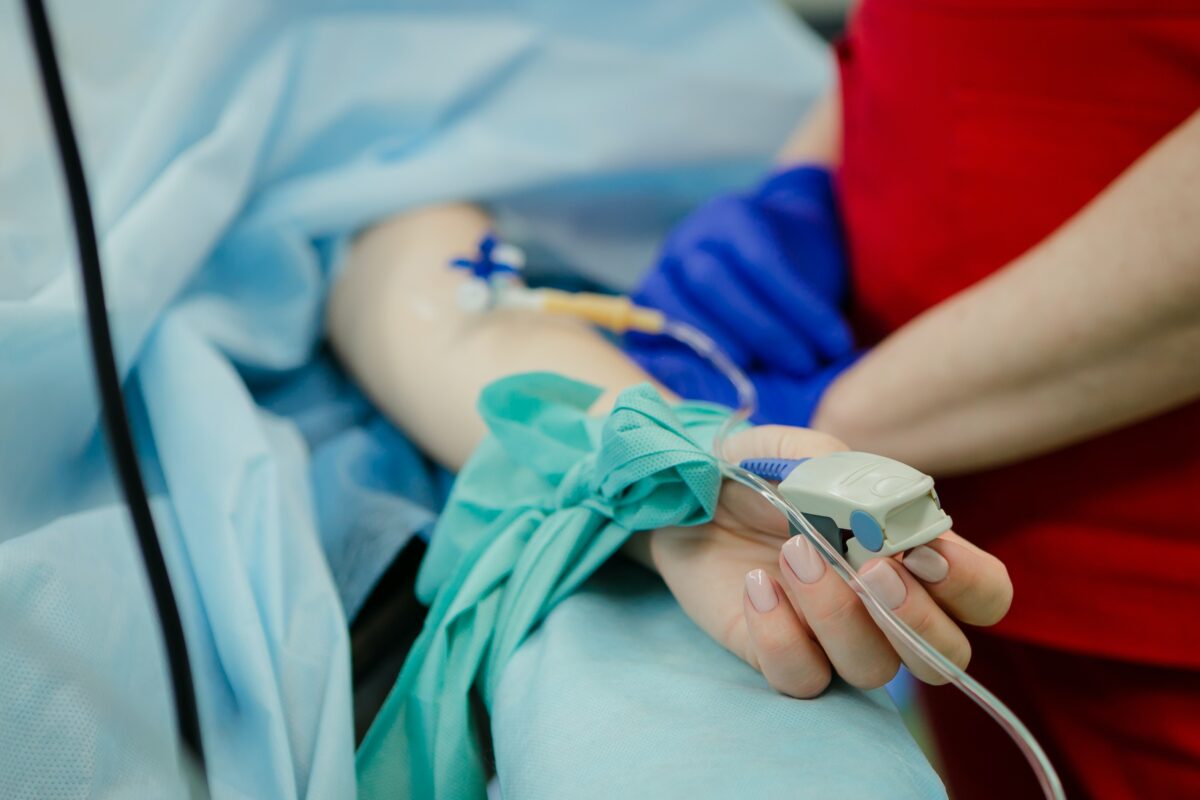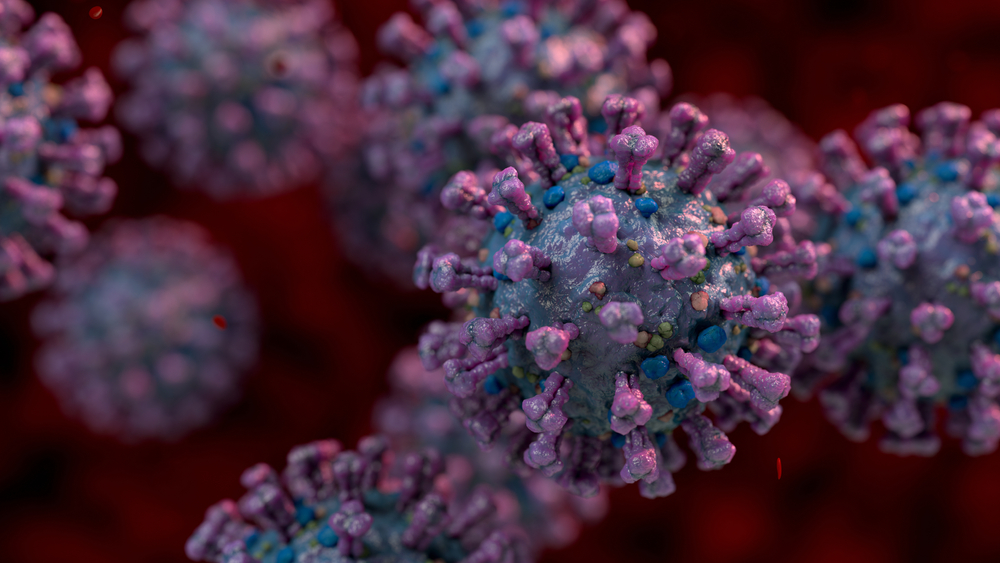 #News
#News
New drug offers hope for treating COVID-19
Cancer drug tested on animals has anti-inflammatory and antiviral effect against SARS-CoV-2
 Italian researchers achieved promising results treating COVID-19 with a drug currently undergoing clinical trials for cancer | Image: Shutterstock.
Italian researchers achieved promising results treating COVID-19 with a drug currently undergoing clinical trials for cancer | Image: Shutterstock.
Vaccines and antivirals are currently the most effective weapons to prevent COVID-19 cases from worsening. However, it remains uncertain whether these strategies will remain effective over time and how effective they will prove against new variants.
Scientists therefore continue to look for new ways to deal with the infection caused by the SARS-CoV-2 virus, even though the pandemic was officially declared over by the World Health Organization (WHO) in May 2023.
One of the approaches being studied is the use of drugs that target the patient’s immune system, which could complement treatments already in use by modulating other elements of the infection.
A team of Italian scientists achieved promising results with a drug currently undergoing clinical trials for several types of cancer, after applying it to the macrophages (a type of immune cell) of mice infected with a coronavirus similar to the one that infects humans.
The results were published in the journal Science Signaling.
The drug is an inhibitor of an enzyme known as lysine-specific demethylase 1 (LSD1), which plays an important role in inflammatory responses to infections, in addition to suppressing endogenous retroviral elements in the human body.
By regulating the action of LSD1, the researchers from the European Institute of Oncology in Milan observed a simultaneous effect on inflammation and the suppression of viral particles.
Since the LSD1 inhibitors have shown acceptable toxicity levels in various phases of clinical trials for treating cancer, the hope is that some could also be used to treat COVID-19 and other viral infections.
Preliminary results
Further evidence of the potential benefits of these drugs has been shown in the preliminary results of a small-scale clinical study in which a different group of scientists gave another inhibitor, similar to the one used in the Italian study, to patients with severe cases of COVID-19.
Patients given the drug vafidemstat alongside standard treatment showed a significant reduction in inflammatory cytokines and required less invasive ventilation. Another inhibitor reduced proinflammatory cytokines in leukocytes isolated from patients with severe COVID-19.
Neither of the two studies, however, analyzed the effect of LSD1 inhibition on viral load. The Italian research showed that infected macrophages not only produced fewer inflammatory cytokines, the excess production of which is one of the causes of severe COVID-19, but they also reduced the quantity of virus particles.
Although they note that further studies are needed to better understand why inhibition of the enzyme is beneficial, the team of scientists suggests that by sustaining the response of interferons (antiviral cytokines) while suppressing certain regulators of the immune response, LSD1 inhibitors can stop the spread of the so-called inflammatory loop, killing viral particles with minimal damage to organs.
“This could provide a clinical benefit even in early stages of the disease, where steroids [the only class of host-directed drugs approved for use against COVID-19] prove ineffective and even harmful,” the scientists state.
“These data suggest LSD1 as a viable pharmacological target for antiviral therapies, complementing its previously established role in herpes virus infections,” the authors conclude, citing a 2009 study that used the same type of inhibition against herpes.
*
This article may be republished online under the CC-BY-NC-ND Creative Commons license.
The text must not be edited and the author(s) and source (Science Arena) must be credited.


